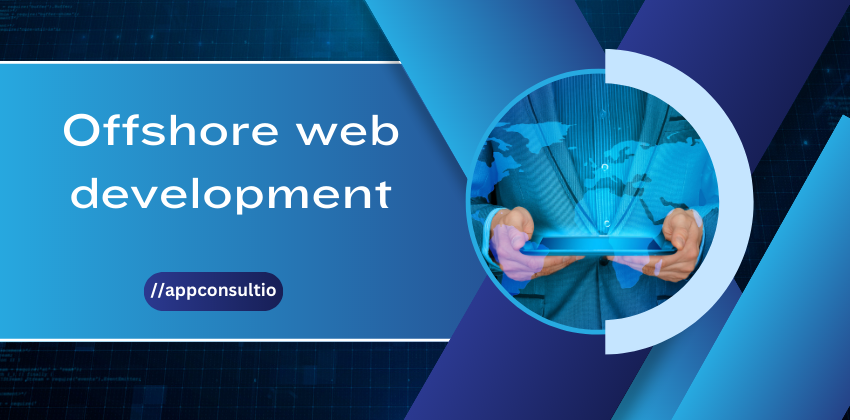
Offshore web development is a strategic practice wherein businesses collaborate with external partners located in different countries to design, create, and maintain their websites and online applications. This approach allows companies to tap into specialized skills and resources while optimizing costs and focusing on core business activities. Offshore web development has gained popularity due to its potential to enhance product quality, streamline development timelines, and provide access to a global talent pool.
Companies work with offshore partners to leverage their software engineering and design expertise, enabling them to create effective and user-friendly websites. The geographical separation between the hiring company and the offshore team can introduce challenges related to communication, coordination, and cultural differences. However, technological advancements have enabled smoother collaboration through various communication tools and project management platforms.
Popular offshore destinations, like India, Ireland, and the Philippines, offer a range of IT services and skilled professionals who can deliver high-quality web development projects. This approach has become particularly appealing to businesses seeking to optimize resources and achieve competitive advantages in the digital landscape. As the world becomes more interconnected, offshore web development allows companies to access global talent, streamline costs, and deliver cutting-edge online experiences.
1) Good Quality Code for Successful Software - Think of writing code as building a solid foundation for a house. The whole place becomes safe and reliable when making the foundation sturdy. This is also true for software development. For offshore development to work well, looking at how skilled the developers are is essential. This includes how good they are with technology, solving problems, and working with others. You want the best people for your project. Once the team starts working on a project, they must ensure the lines of code they write are of the best quality. It’s like checking the puzzle pieces to ensure they fit ideally before finishing the picture. This careful checking makes sure the software works reliably and can be used again in the future. It’s also essential to have the right tools for the job. They need to know different programming languages and understand mechanisms that help them create software. This way, they’re well-prepared to do a great job.
2) Getting Right in Offshore Planning - Many companies find themselves between having a clear idea of what they want to achieve (their vision and mission) and knowing how to make it happen. This means they need a well-defined and accurate plan of action. The solution is to start planning everything right from the beginning.
Usually, when you work with another company, there’s a contract that says how things will happen and when. But sometimes, situations change, and you might need to change the agreement. The company you’re working with should be able to understand your concerns and make changes without causing a lot of trouble. A “Service Level Agreement” (SLA) becomes essential. It’s an extraordinary document that outlines all the details about how the work will be done. It’s like a map that helps avoid confusion and problems later on.
3) Share Your Thoughts - It’s essential to talk about your concerns and thoughts with others. To avoid any possible issues, it’s best to communicate openly and honestly with the team you’re working with from another place. At the same time, they will expect you to give them clear feedback about how they are doing and if they’re meeting the project’s goals. This could include things like if the work will be finished on time, if there are problems with the work being done, how things are going each day, and how well the project is being managed. It’s also good if the team you’re working with is very open and honest with you. This creates a culture of sharing and being upfront within the group.
4) Understanding - When working with clients, it’s about more than just knowing what their company believes in or their big goals. For successful offshore software development, the companies you’re working with need to understand everything about you – how your business works from the beginning to the end, what you’re good at, who you’re trying to reach, the problems you face, and even how you do things every day. Only when they know all this can they suggest the right ways to create software that matches what you need for your specific industry.
Also, it’s essential that the leaders of the company you’re working with know your project. They need to understand it sufficiently to turn your needs into actions. This is super important because it helps them pick the best technologies and assemble the right team to help you.
Conclusion - In conclusion, offshore web development offers businesses a strategic approach to harness specialized skills and resources worldwide, enabling them to create and maintain effective online platforms. This practice enhances product quality, reduces costs, and taps into a global talent pool.